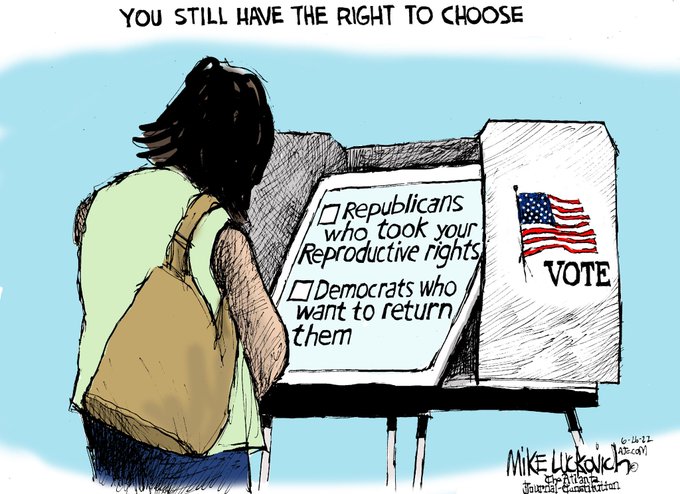At the end of Senator Lindsey Graham’s news conference on Tuesday proposing a national ban on abortions after 15 weeks of pregnancy, a woman named Ashbey Beasley stood up and asked him a question inspired by her own excruciating loss.
“What would you say to somebody like me who found out that their son had an anomaly that was incompatible with life at 16 weeks?” she began. Beasley chose not to have an abortion, delivering her son at 28 weeks. “When he was born, he lived for eight days,” she said. “He bled from every orifice of his body, but we were allowed to make that choice for him. You would be robbing that choice from those women. What would you say to someone like me?”
Graham had no real answer. His bill contains narrow exceptions for rape, incest and life-threatening pregnancies, but not for severe fetal anomalies or pregnancies that are otherwise nonviable. So, faced with someone insisting that he consider the consequences of his proposal, he defaulted to a duplicitous anti-abortion talking point about global abortion laws.
“The world pretty much has spoken on this issue,” said Graham. “The developed world has said at this stage into the pregnancy the child feels pain, and we’re saying we’re going to join the rest of the world and not be like Iran.”
Graham was making an argument, common in anti-abortion circles, that American abortion laws are unusually permissive, and that banning abortion at 12 or 15 weeks would bring us in line with Europe. ...
This is, at best, a highly selective reading of European abortion laws. It ignores the fact that, on most of the continent, abortion is state-subsidized and easily accessible early in pregnancy, so women aren’t pushed into later terminations as they struggle to raise money. More significantly, the restrictions on later abortions have broad exceptions.

 www.cnn.com
www.cnn.com




